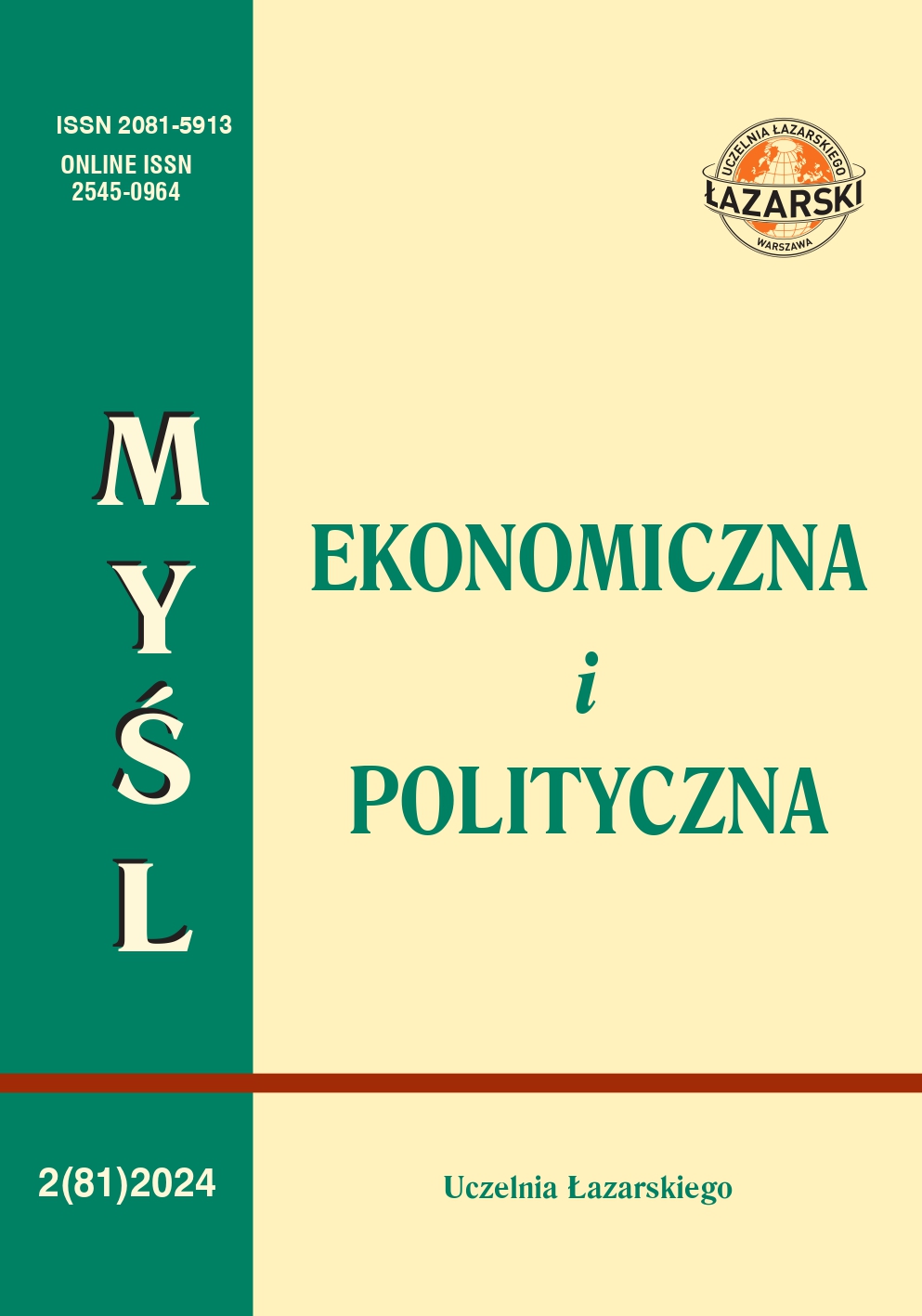Abstract
This article examines the feasibility of operationalizing the communication‑based soft power model focusing on contemporary methodological challenges. The model was developed as an empirical framework for analyzing soft power, emphasizing the role of communication and social interaction in shaping international relations. The paper critiques the classical soft power concept developed by Joseph Nye, highlighting its universalism, Americentrism, excessive focus on institutional actors, and lack of precision. It introduces the communication‑based soft power model as an evolution of previous approaches, integrating pragmatism, social constructivism, and interpretivist communication theories. This model treats soft power as an interactive, multidimensional process influenced by various agents, channels, and barriers. The article is structured into three sections: a critique of traditional soft power concepts, an introduction to the communication‑based model, and an analysis of methodological constraints. Challenges discussed include data access and representativeness, processing limitations, and issues in measuring both the communication and effects phases of soft power. The paper underscores the complexity of empirically operationalizing soft power in an era dominated by social media and Big Data, while advocating for rigorous, empirically‑based methodologies to better understand this phenomenon.

